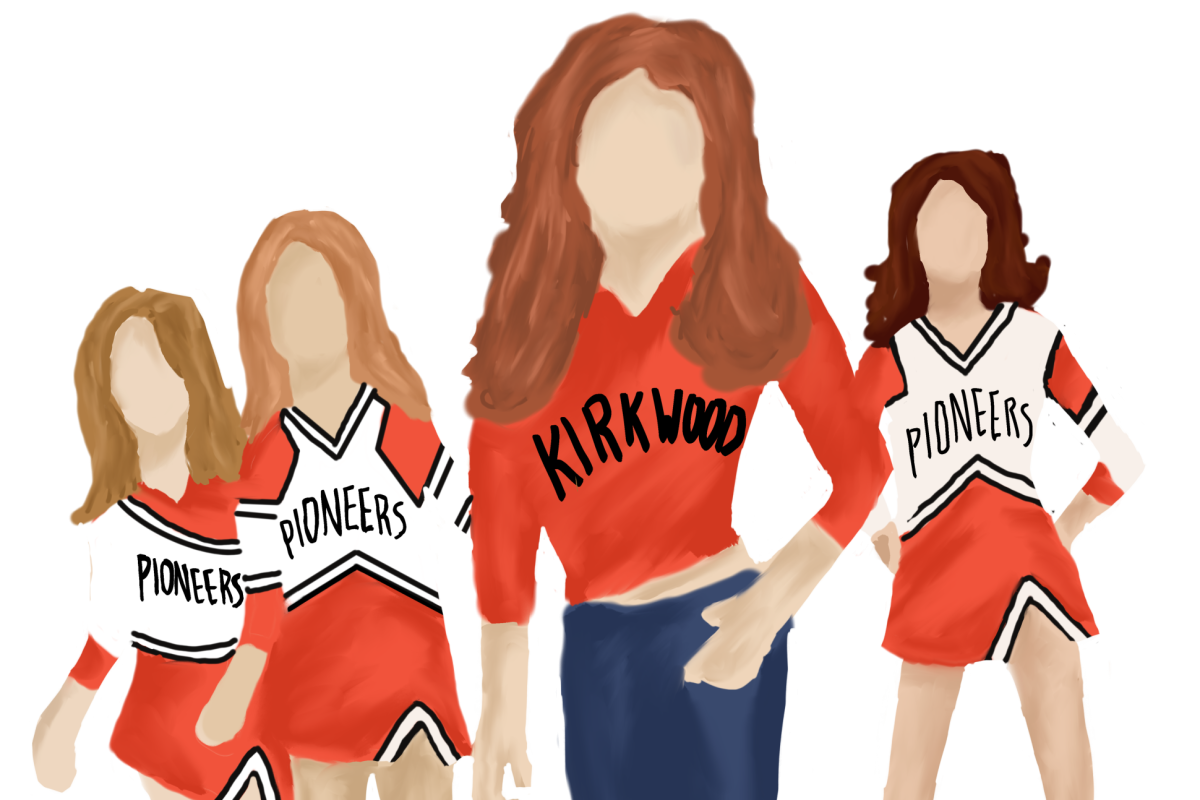Shoved against lockers, mocked for their appearance online and told that they are better off dead. These are just a few of the many forms that bullying takes. It can even be found in the halls of KHS, much like North Shore High School in the movie “Mean Girls.”
“Usually when someone tells me a situation that has occurred, [mostly] it’s between friends,” Heather Schoppenhorst, SSD Resource Teacher, said. “[We analyze] their emotions and go from there. I’ve always been very sympathetic to them, [and realized] that you need to support them and not accuse them of doing something wrong in this situation.”
The American Psychological Association defines bullying as aggressive behavior with the goal of physical, mental or emotional harm, and Schoppenhorst said this harassment in high school is common among friends, much like how The Plastics belittle each other in “Mean Girls”.
“That’s [who] they’re the closest to, that’s who they have the most interaction with throughout their day,” Schoppenhorst said. “[The spectrum of bullying includes] teasing people about their clothes or their hair, versus, telling people to go kill themselves.”
Truman Kim, sophomore, said he was bullied in elementary school, and often finds himself the subject of cyberbullying in high school. He said bullies often feel powerless.
“They could be at a stage in [their] life where [they feel] super overwhelmed with emotions [and feel] small,” Kim said. “If [bullies] are diagnosed with something mentally then perhaps that could be another factor into [why they bully others].”
Schoppenhorst said finding someone to talk to about their experience can help make them feel better emotionally. She said that opening up and learning how to stand up for oneself can be difficult.
“It’s not easy to go and stand up to people that you’re afraid of,” Schoppenhorst said. “In high school, I was never that way.”
Rachel Cosic, 11th grade counselor, helps students cope with bullying by recounting incidents, including who, what, when, and where the incident took place. She said most students are afraid to report bullying since they think that they will be picked on more after doing so.
“A lot of times I’ve heard kids say [that] even if [they] report [an incident], they don’t feel like the adults are getting it to stop,” Cosic said. “I think a lot of times they don’t want to be a snitch, they say [that doing so will] bring consequences.”
In “Mean Girls,” students at North Shore High seem to be split into cliques. Schoppenhorst said when people find themselves out of their usual cliques, it can lead them to misunderstand each other. She said once you’re an adult, it’s easier to see someone for who they really are.
“When you’re younger, and still in high school, sometimes you think they’re not like [you],” Schoppenhorst said. “So [you] don’t like them [and you] make fun of them.”
Kim said he would advise those who are bullied to talk to someone in order to gain support. Whenever someone witnesses bullying, he said intervening and trying to de-escalate the situation can help.
“[Talk] to a counselor, your parents, someone you trust, the type of [friend] that is a good influence on others,” Kim said. “Don’t make any rash decisions. If they say you should hurt [people who bully you, they’re] not a good friend to talk to.”
Cosic said if students witness bullying, they should provide support for one another.
“If you see a problem, stand up and say something about it,” Cosic said. “Go to the people that can help stand up with your fellow peers and say that [kind of behavior is] not appropriate [or] something [you’re] going to stand for. It takes courage [to do so].”










